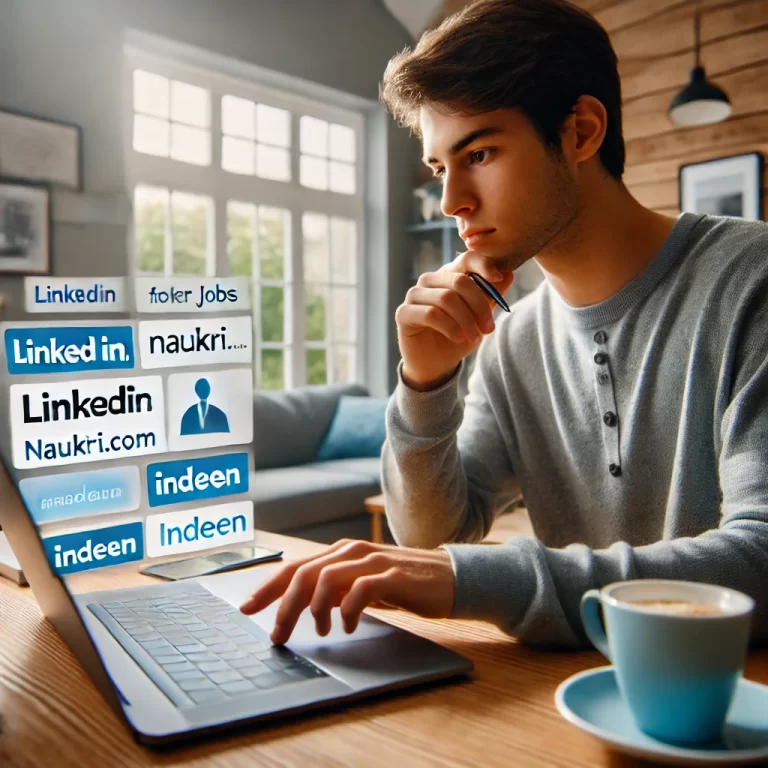Employer Partnerships: How Colleges and Companies Work Together

Employer partnerships with colleges and universities have become a key element in bridging the gap between education and employment. These collaborations ensure that students gain practical knowledge, relevant skills, and valuable industry connections. Here’s a look at how these partnerships are shaping the future of education and recruitment.
1. Internship Programs and Real-World Experience
Employers partner with colleges to offer internship opportunities that give students hands-on experience. These internships allow students to apply their classroom knowledge in real-world settings and build professional skills, such as communication, teamwork, and problem-solving.
Example: A tech company collaborates with a university to offer summer internships for computer science students, where they work on actual software projects.
2. Campus Placement Drives and Job Fairs
Colleges and companies work together to organize campus placement drives and job fairs. These events allow employers to recruit fresh talent directly from the campus, and students to interact with potential employers in a structured environment.
Example: A multinational corporation hosts a campus placement drive at a local university, offering direct entry into their graduate management training program.
3. Industry-Specific Curriculum Design
Employers play a significant role in shaping academic curricula. By providing feedback on the skills and knowledge they expect from graduates, companies help colleges design courses that are more aligned with industry needs. This collaboration ensures that students are equipped with the right skills to succeed in their careers.
Example: A pharmaceutical company collaborates with a university to develop a specialized course on biopharmaceutical sciences to ensure students are job-ready.
4. Guest Lectures and Workshops
Employers often collaborate with colleges to conduct guest lectures, seminars, and workshops. Industry experts are invited to speak on current trends, challenges, and opportunities in their fields, providing students with invaluable insights into the industry.
Example: An architecture firm partners with a design school to host a workshop on sustainable architecture, teaching students about innovative building techniques.
5. Research Collaborations and Innovation
Employers and universities also collaborate on research projects, often focused on innovation, technology, and solving industry challenges. These partnerships lead to groundbreaking discoveries and provide students with the opportunity to engage in real-world research.
Example: A renewable energy company works with a university’s engineering department to research new energy-efficient technologies, providing students with the chance to contribute to cutting-edge projects.
6. Mentorship and Career Counseling
Companies provide mentorship programs to help guide students in their career paths. Industry professionals offer advice, support, and coaching to students, helping them navigate their career choices and achieve their goals.
Example: A finance firm partners with a business school to mentor students interested in pursuing careers in investment banking.
7. Tailored Job Training and Certifications
Many companies offer specialized training programs and certifications in partnership with educational institutions. These programs ensure that students gain relevant skills and certifications that are highly regarded by employers.
Example: A cloud computing company collaborates with a university to offer a certification course in cloud technologies, providing students with recognized credentials that enhance their employability.






